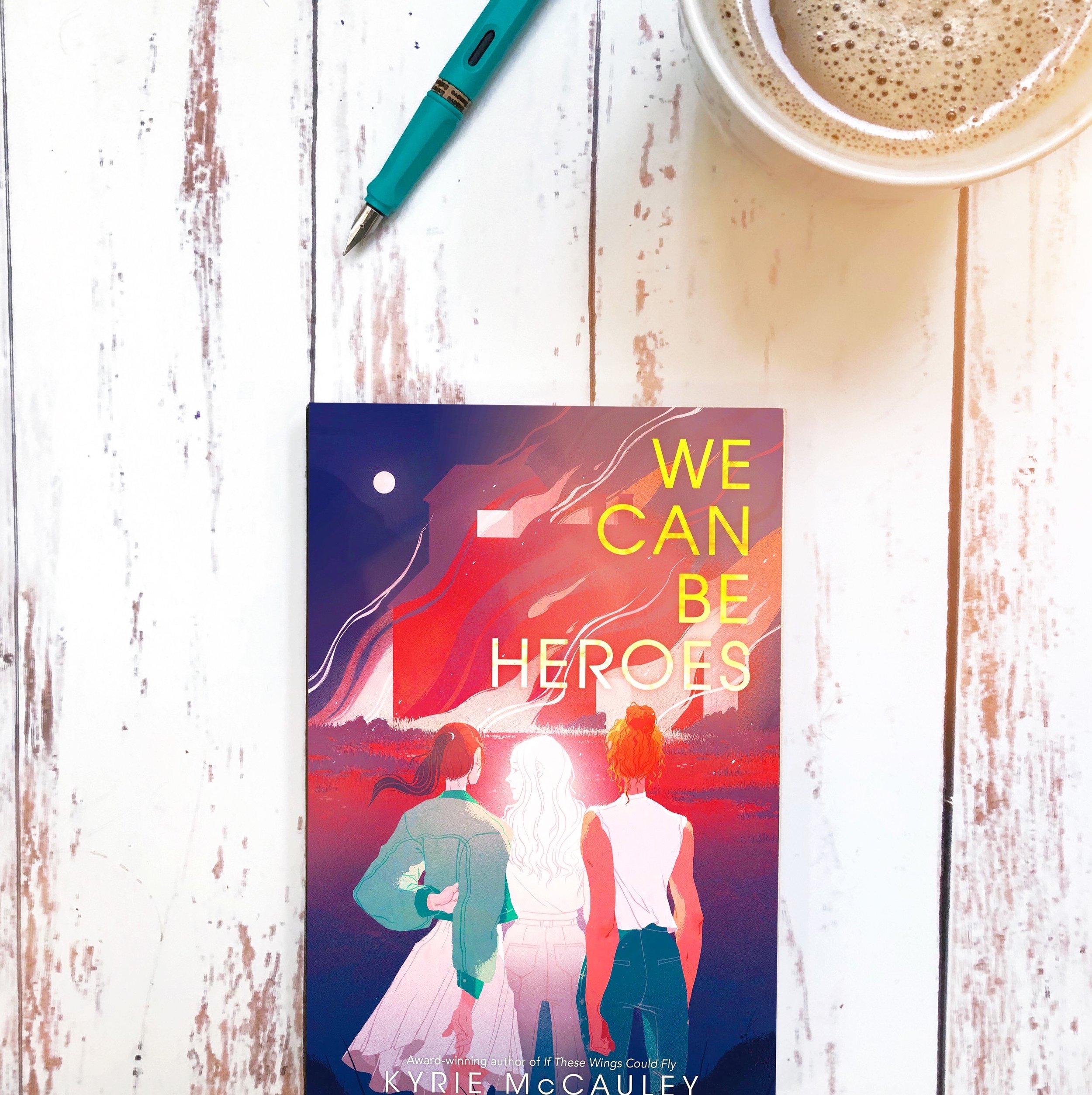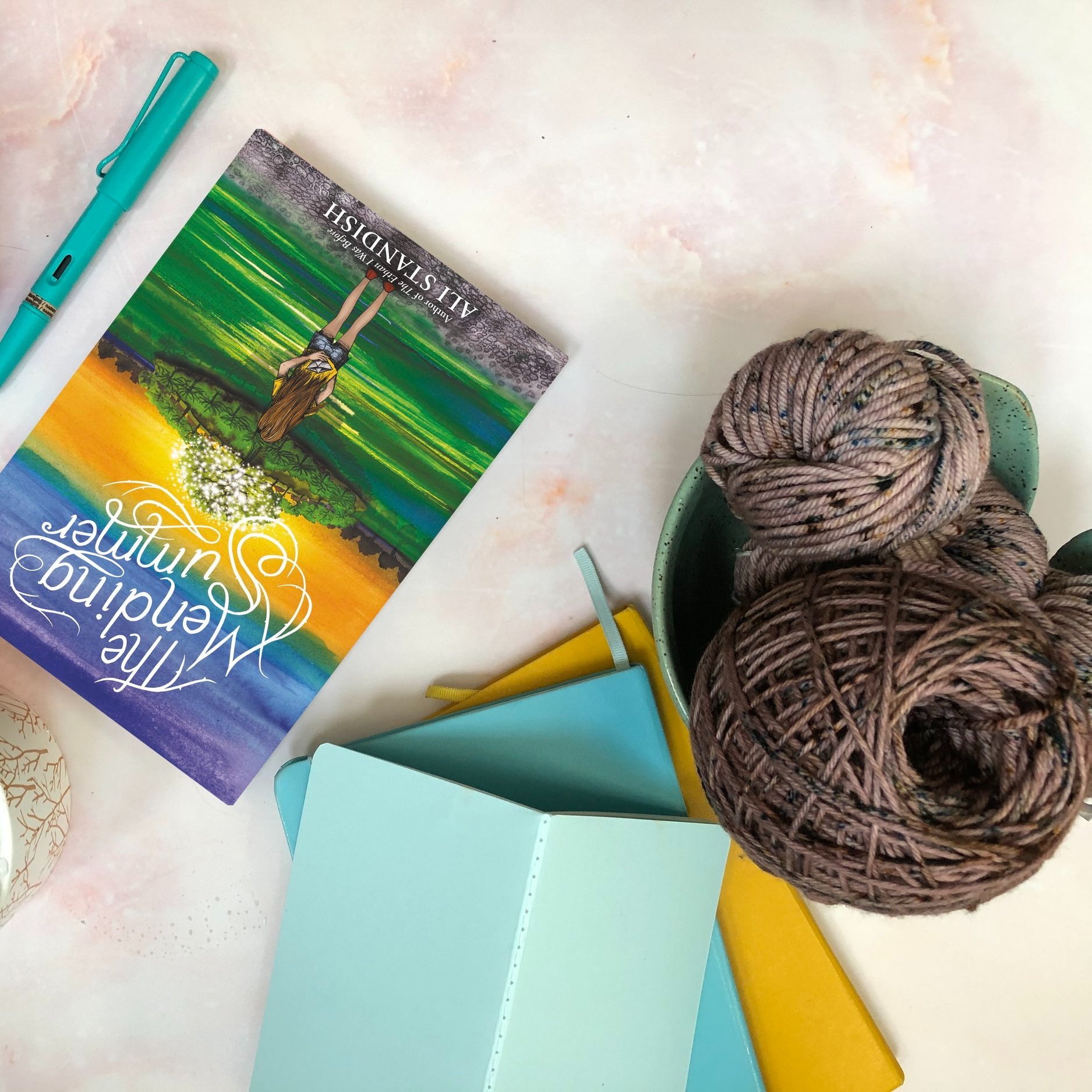New Books: Every Last Word
“The few lamps we left on softly illuminate the walls, and I think about all the paper around us, all this love and pain and fear and hope. We’re surrounded by words. Nothing about this moment could be more perfect, because I’m absolutely in love with this room and the people in it, on the wall and otherwise. ”
High school was really, really hard for me. Not the school part—that was fine. But the getting through the day in one piece emotionally—I never mastered that. Books are what saved me, I think. High school is when I discovered Sartre and Nietzsche, Dostoyevsky and Samuel Beckett, Vonnegut and Margaret Atwood. And it’s when I discovered poetry: the compressed, held-in, deliberately nuanced poetry of people like Emily Dickinson and the sprawling-all-over-the-page, messy, intense poetry of people like Ted Hughes. I read poetry, and I wasn’t alone.
I tell you this not because I think my high school experience is especially interesting or unique (though I guess it must have seemed that way to me at the time) but so that you know my opinions about Every Last Word are completely and totally not objective. Because this is a book about a girl named Samantha, struggling to survive high school, who discovers poetry and—ultimately—gets saved by it.
It’s not only about that. Samantha has OCD, and the book does a pretty good job weaving in her compulsions in a way that feels normal and not forced. (Some people criticized the way the book resolves Sam’s OCD—I didn’t think it oversimplified mental illness or tied things up too neatly in a bow, but your mileage may vary.) Sam’s OCD is her deepest darkest secret, the one she goes out of her way to hide from her cool girl clique friends. So when she meets Caroline, who doesn’t seem to care what anybody thinks, and finds her way into a secret poetry club in the school basement, she’s equal parts terrified and exhilarated. As Sam finds her first real friends and learns how to express herself, she also discovers that maybe OCD is something she can learn to live with without losing herself.
There’s a twist at the end of the book that feels a little overdramatic—I don’t think the story needed it, honestly—but since there are plenty of times when someone could have accused me of being overdramatic in high school, I can let it go. I’m also kind of over the whole everybody-needs-a-boyfriend thing that happens in a lot of YA novels. But these are small quibbles—I liked the book a lot. (I especially liked that falling in love with poetry and learning to express herself did not automatically make Sam a totally talented poet.) I think I would have loved it as a teenager—though I would have been a little jealous that there was no secret poet’s society operating at my own school.























AMY SHARONY is the founder and editor-in-chief of home | school | life magazine. She's a pretty nice person until someone starts pluralizing things with apostrophes, but then all bets are off.